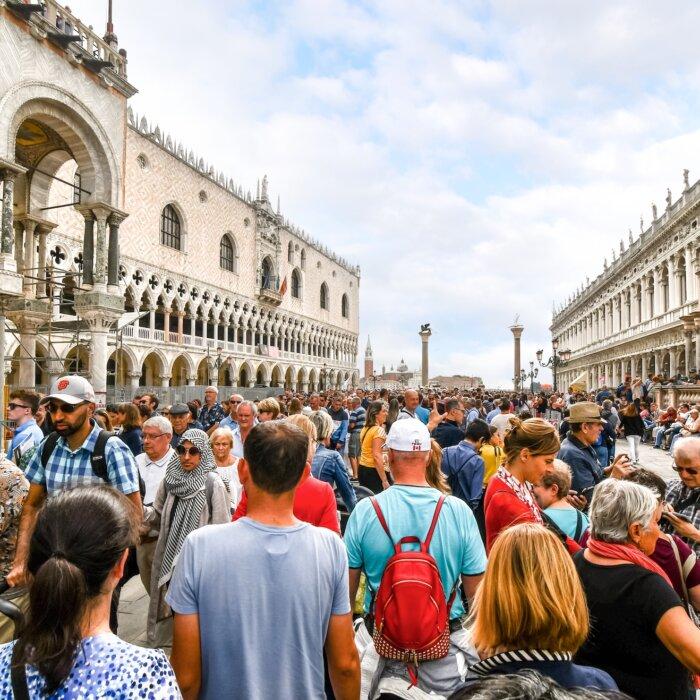Residents of an area of Budapest, Hungary, have narrowly voted to ban Airbnb-style short-term rentals, beginning in 2026.
The decision, which could have significant ramifications on the housing market in the Hungarian capital, one of Europe’s premier tourist destinations, was reached on Sept. 16.
Results published on Budapest’s sixth district’s website showed that 54 percent of voters backed the ban, with a 20.5 percent turnout, which the district said was well above levels seen for other local initiatives.
Named Terezvaros, which means Theresa Town, the sixth district is particularly popular with tourists because of its central location and nightlife. It is also home to the city’s grandest thoroughfare, Andrassy Avenue, which was declared a UNESCO World Heritage site in 2002.
Eurostat figures show that almost 719 million guest nights spent in the European Union were booked via online platforms Airbnb, Booking.com, Expedia Group, and Tripadvisor in 2023, with Paris leading EU capitals with more than 19 million guest nights.
In Central Europe, Budapest was the most popular for short-term stays, with 6.7 million guest nights—ahead of Vienna, Prague, and Poland’s Warsaw and Krakow, among others.
“The majority of YES votes signals that residents of the district value the peace of their home more than lost revenue,” the local council said in a statement.
Tamas Soproni, mayor of the sixth district, said the city’s popularity with tourists has justified asking locals about the impact of short-term stays on housing affordability and quality of life.
Opponents of the ban had said it would hit revenue for not only apartment hosts but also for cafés and restaurants catering largely to foreign tourists in the area.
The outcome of the vote could have wider implications, with the Orban government considering national regulation of short-term rentals, which the economy minister blames for contributing to increased property prices and a housing shortage in Hungary.
Property website ingatlan.com said last week that the supply of high-end apartments for sale in the sixth district had increased by nearly 3 percent over the past month, with a 1 percent drop in prices being a possible sign of the expected outcome of the vote.
The move follows a growing concern about overtourism across the continent this summer.
Barcelona, Spain, has capped the number of short-term rentals being offered this year, and the Catalan capital’s mayor has promised to abolish them entirely by 2028.
The city has experienced a large backlash from locals, with some demonstrations including people chanting, “Tourists go home.”
Greece plans to impose a 20-euro levy on cruise ship visitors to the islands of Santorini and Mykonos during the peak summer season.
Athens also plans to regulate the number of cruise ships that arrive simultaneously at certain destinations.
The Mediterranean nation wants to increase a tax on short-term rentals and ban new licenses for such rentals in central Athens to increase the housing stock for permanent residents.
In April, Venice, Italy, began charging visitors a 5 euro per-day entry fee for those staying just for the day and arriving between 8:30 a.m. and 4 p.m.
Tourists who stay overnight in Venice hotels are exempt from the fee, but they must still register online and obtain a code to allow them to pass checkpoints and spot-checks by local officials.
In the Scottish capital of Edinburgh, officials have approved a proposal to charge guests at hotels, B&Bs, hostels, and holiday rentals, including Airbnbs, a per-night tourist fee of 5 percent of the lodging’s cost.







